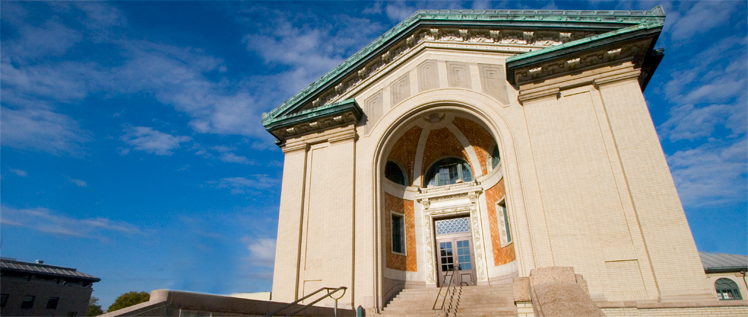Introduction
There is a rich history of activism by members of the CMU community. Below you will find a selection of our collections that best document their stories, grouped together based on who created them.
Use the arrow buttons to navigate through the groups and learn more about these collections. For more information, you can contact us using this form.
Institutional Record Collections

Student Government Records

Board of Trustees Records

Dietrich College of Humanities and Social Sciences Records

Carnegie Mellon University Women's Center Records

Commission on the Status and Needs of Women at CMU (COSNW) Collection

Office of Student Affairs Records

General Photograph Collection
Faculty Record Collections

Earle Swank Papers

Faculty Senate Records

FOCUS: Faculty and Staff Newspaper

Shirley Angrist Papers

Edward R. Schatz Papers
Student Record Collections

The Tartan
The Tartan is the student newspaper of Carnegie Mellon University. First published in 1906, the weekly publication documents life and events on campus. For more information or to access the nearly-complete digital collection of the paper, you can explore the collection's finding aid here.

Carnegie Mellon University Student Publications Collection

Campus Activism and Advocacy Collection
For more information, you can explore the collection's finding aid here.

Black Lives Matter Collection
This collection contains cardboard signs supporting the Black Lives Matter movement. These signs were posted on the exterior of the Hunt library in response to the murder of George Floyd by police officers in Minneapolis, Minnesota on May 25, 2020. For more information, you can explore the collection's finding aid here.

Vincent Eirene Papers
While not a CMU student himself, Vincent Eirene is a Pittsburgh-based activist who led a series of student protests around the creation and work of the Software Engineering Institute (SEI) starting in 1985. Eirene believed that the SEI's connection with the Department of Defense was inappropriate for a university.

